ivilian contractors for the military first came into place in
significant numbers here in Kuwait back in 1991 following
the first Gulf War. Now, 18 years later, civilian
contractors are still here providing a vast amount
of services helping to sustain military operations throughout
the region. One of those key services is directly linked to
Security and Force Protection.
More than 4,000 vehicles and 12,000 people enter at
least a dozen security checkpoints at our military installations
in Kuwait each day. Every vehicle must be thoroughly
searched and every person scrutinized by Combat Support
Associates' security personnel before they are granted permission
to enter.
About 90 percent of the U.S. employees for the company's
Security Services Directorate have prior military experience
and another eight percent were in the fields of law enforcement
or corrections. They understand the vital nature
of their jobs and that responsibility gives them a sense of
purpose. All are subjected to background and security clearance
checks prior to being hired.
"We consider our security force as a para-military organization
which is a good fit for prior service personnel," said
Director Marv Levy, a retired Army Military Police (MP)
Lieutenant Colonel. "Those skills that made them successful
in the military will enhance their success as Force Protection
Officers (FPOs)".
Force protection can be compared to a security chain
around an Area Support Group - Kuwait Installation that is
only as strong as its weakest link, Levy said.
Security Services cannot afford a weak link in performing
its 24-hour force protection mission. This security chain
includes Entry Control Points, perimeter/over watch towers,
pass and identification, law enforcement support patrols,
explosive and narcotics dog teams, random anti-terrorism
teams, mobile vehicle and container inspection system teams,
residential security, executive personnel drivers, emergency
operations center specialist and military desk operations.
To be successful, force protection team members must
have the situational awareness and attention to detail of a
Soldier walking point, Levy said. This on-point team focus
must also be combined with a personal commitment to always
perform to the highest standard possible in conduct
and appearance.
In this regard, Security Services upholds a "zero defect"
work ethic.
"With the constant threat of a terrorist attack, the security
guards at Camp Arifjan and throughout Kuwait have to be
on point at all times," Levy said. "Our margin for error is
zero. If we let our guard down and make a mistake - that's
when people could get hurt, and that is the last thing any of
Article and Photos by
Spc. Brandon Babbitt
203rd Public Affairs Detachment
November 4, 2009 The Desert Voice 7
Camp Arifjan
THIRD ARMY
us want."
Initial and sustainment training stressing teamwork and
accountability is paramount for the hundreds of force protection
officers. Security personnel with all levels of experience
are expected to pull together and back each other up. Every
individual is rotated into team leadership positions and has
the opportunity to move up the various tiers of security duties.
The FPOs also get tested frequently without notice at
all Entry Control Points by ASG-KU Force Protection Base
Defense Liaison Teams with explosive training devices, so
they don't let their guard down.
"We have created a system here for our security force that
provides career development and challenges each officer to
be all that they can be," Levy said.
Command Sgt. Maj. Don Harbin, of ASG-KU, sees CSA's
security role as a very dynamic one.
"We work a lot of long hours here in Kuwait. Most days
are of the 12 to 15-hour variety, not the 8-hour variety," said
Harbin. "The security personnel at CSA provide Servicemembers
the opportunity to focus completely on their tasks
here, and thus not have to worry about guarding the front
gate at the same time. I think that is a big benefit to all of
us."
Even though force protection means working in harsh
conditions such as extreme heat and dust, FPO Preston Harrison,
a retired Army Sergeant First Class Infantryman, enjoys
the challenges.
"After retiring from the Army, I had that 'itch' to work
with military people again and make a difference" Preston
explained. "This is my third deployment working security
for CSA." He enjoys the Company benefits of employment
and the people he works with.
Field Training Officer, Tiera Brown of Fayetteville, NC,
feels fortunate for the work experience she's getting with
CSA. "I am a Criminal Justice major back in the States,
so everything I do here can help build my resume for the
future."
CSA Project Manager Bill Stirling, a retired U.S. Army
Colonel, is very proud of his workforce and its accomplishments
across the board. Today, CSA employs individuals
representing 29 nationalities, with Eastern members - primarily
Indian Nationals - being the backbone of this very
dynamic operation. When asked what is the most rewarding
aspect of his job, Stirling said "it is knowing that the work
we do [the services we provide], is saving lives of our Servicemembers."
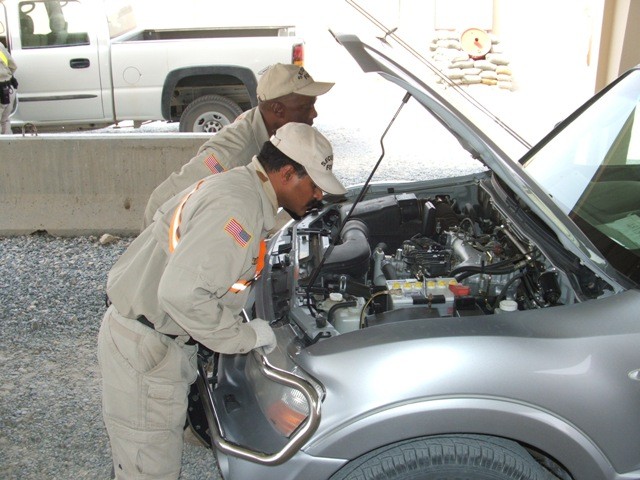
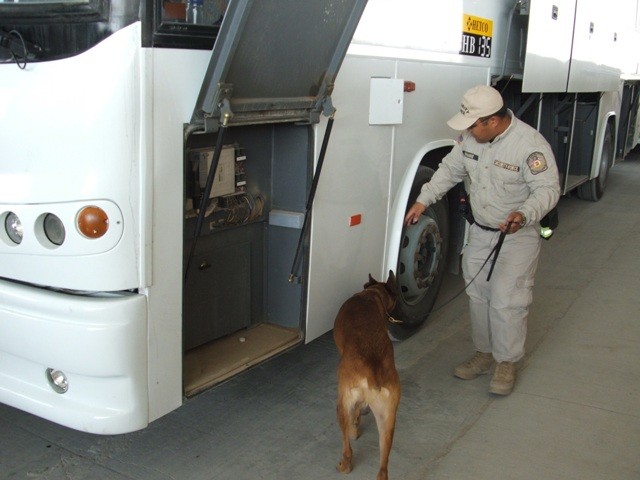
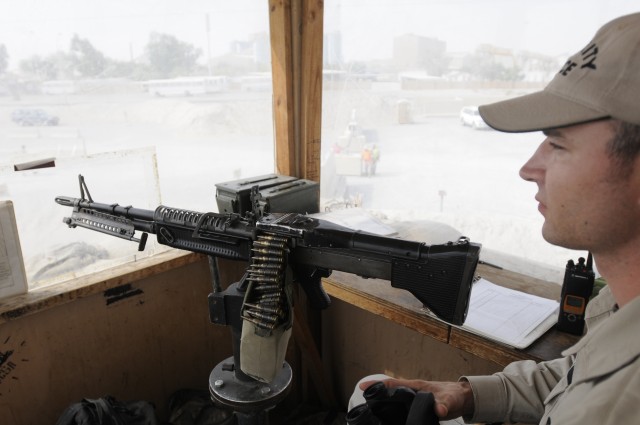
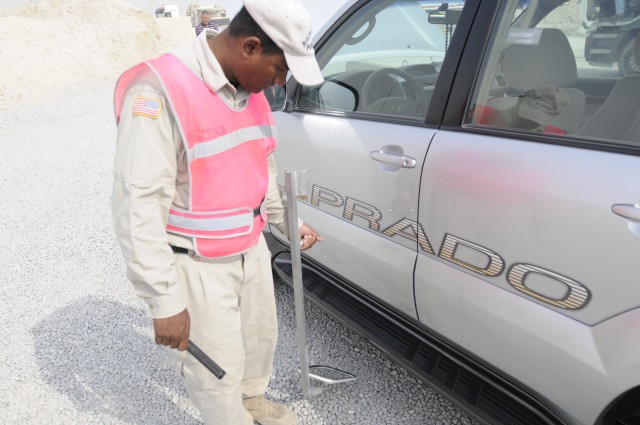
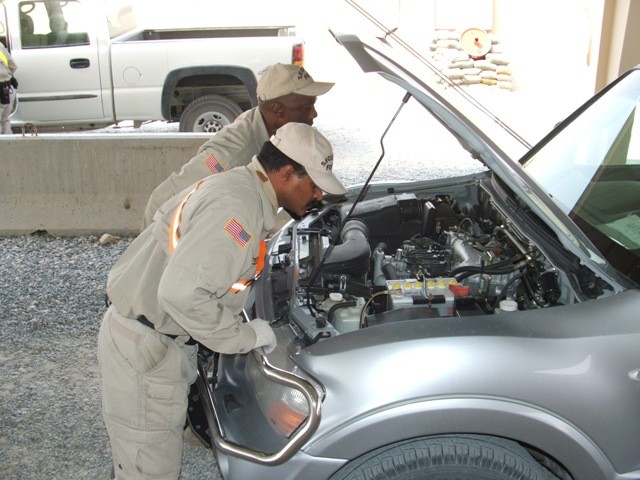
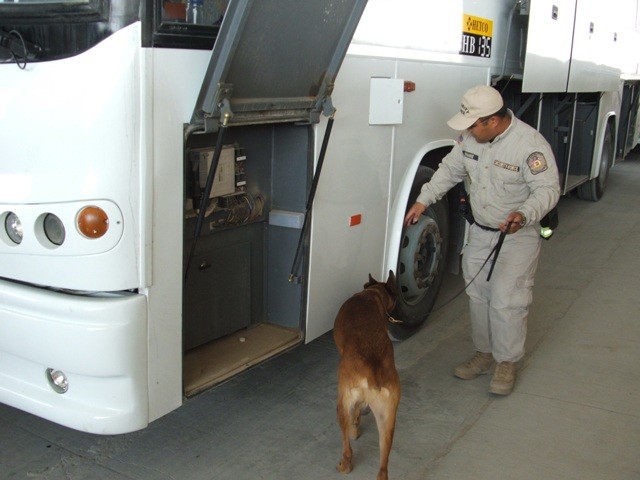
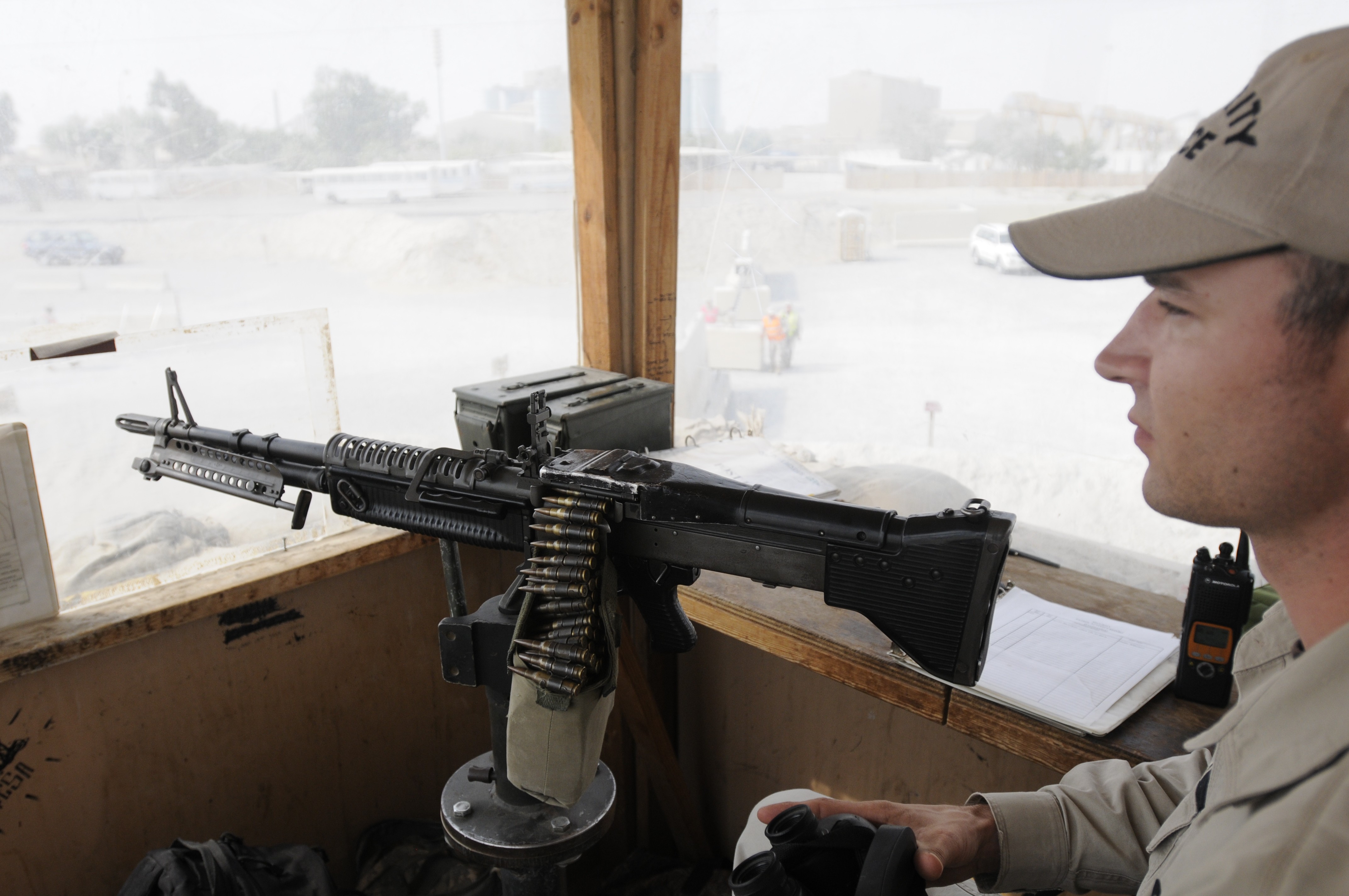
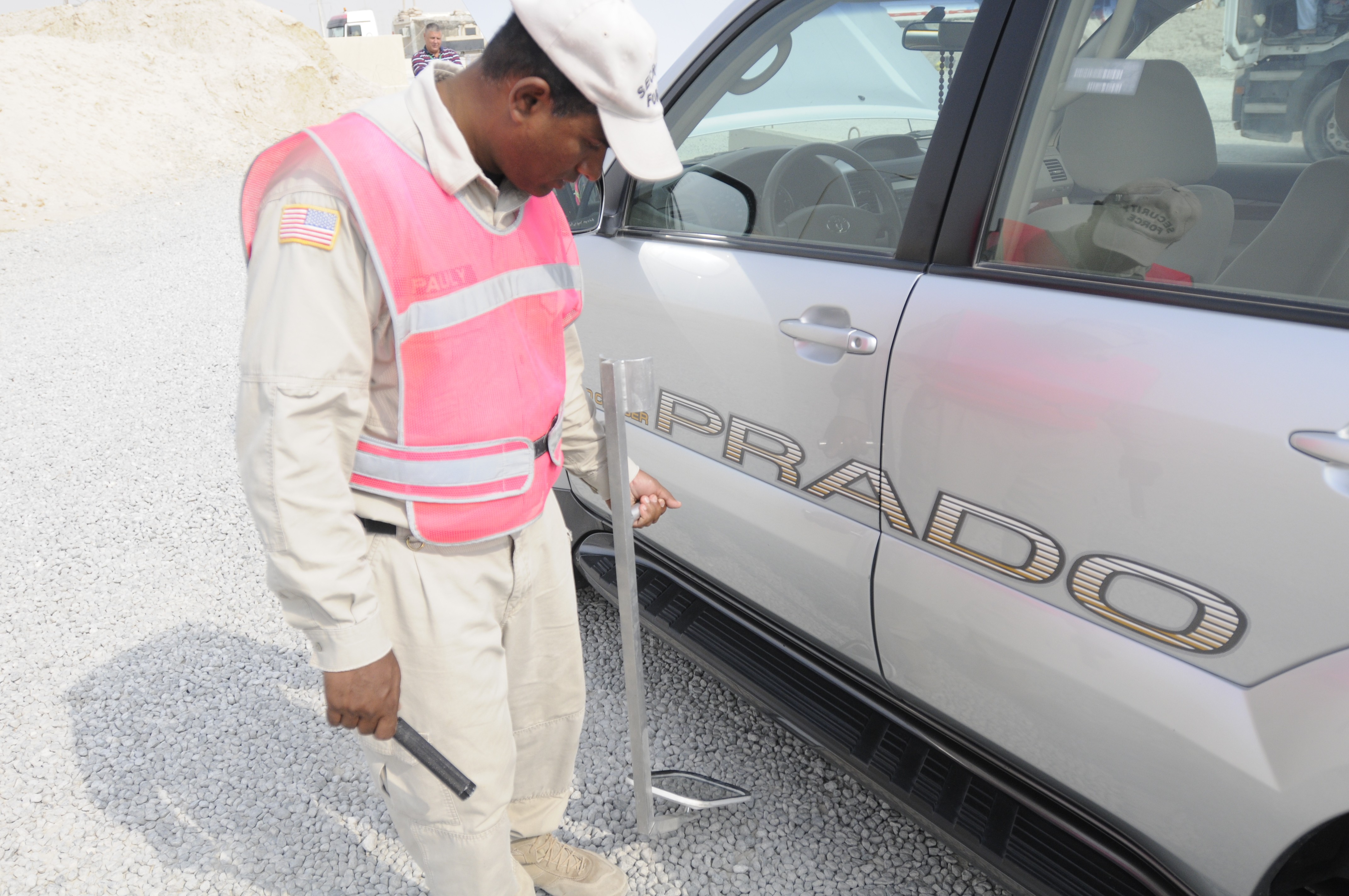
Social Sharing